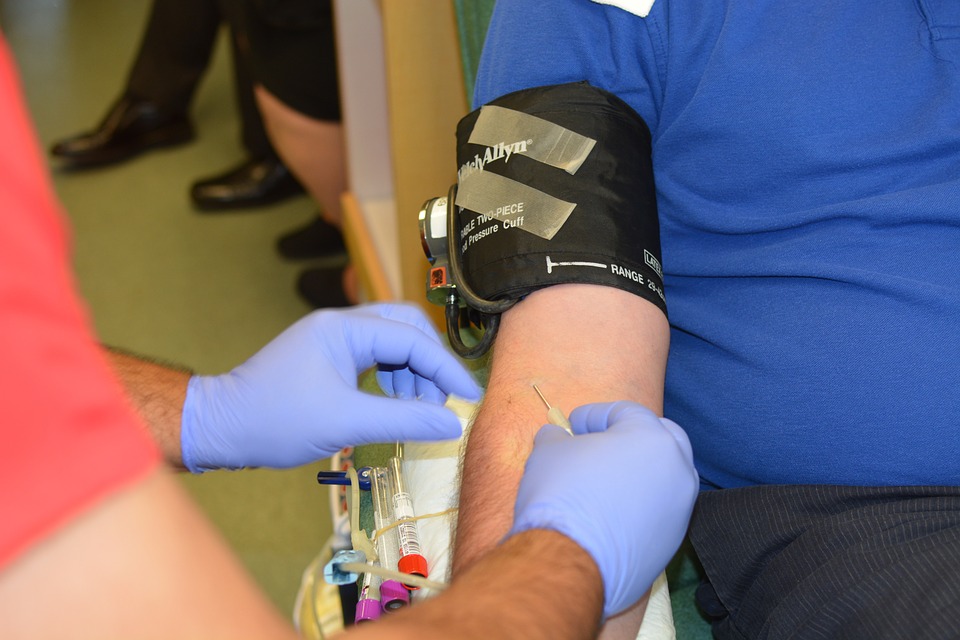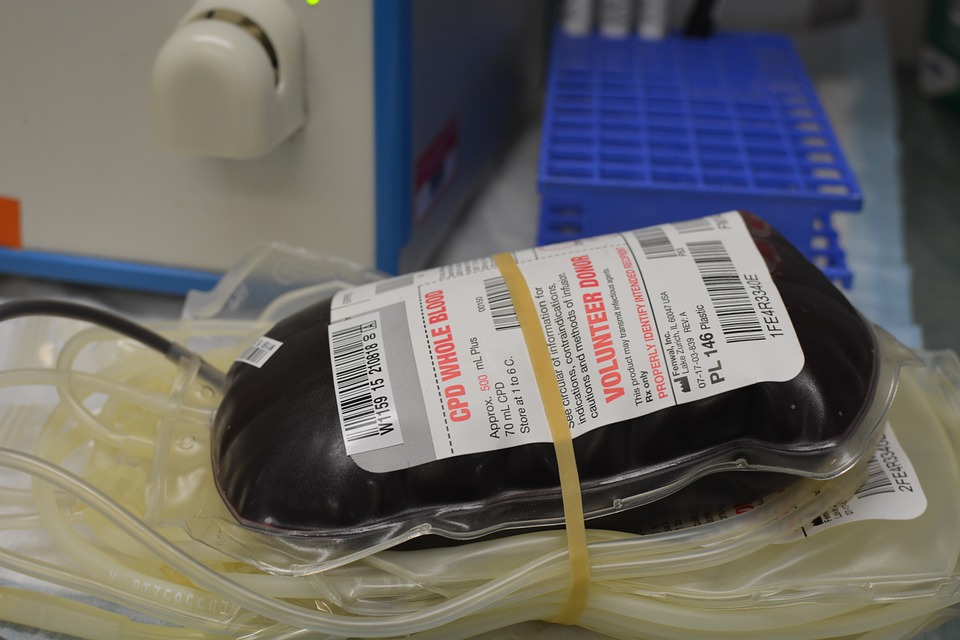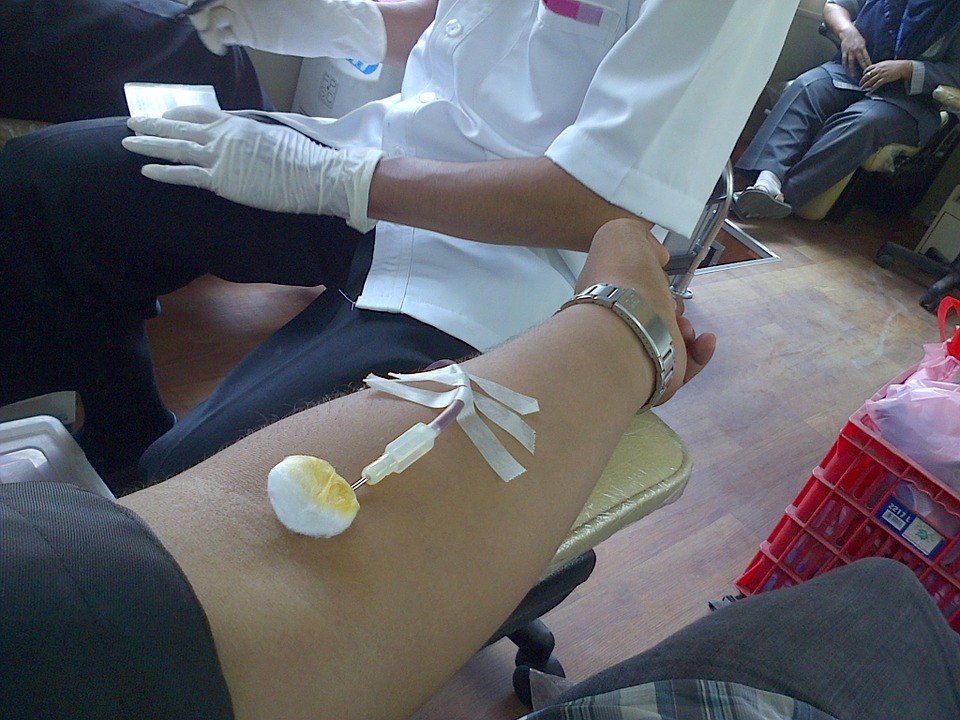Your blood type could tell you if you’re more likely to develop heart disease, memory problems and more.
Blood types are pretty interesting. On the surface it’s all just a whack of O’s, A’s and B’s, but if you delve a little deeper science has a more intricate story to tell.
Take some recent news, for example. A new study done by scientists in the Netherlands has turned up some interesting info. When looking at the health of a large group of people, it was found that individuals who have type A, B or AB blood all have a slightly higher chance of having a heart attack or stroke.
The research was presented at the European Society of Cardiology congress and involved studying the health of a whopping 1.3 million people.
It’s true that the differences were small- non-O blood types are only very slightly more likely to suffer from a heart or stroke- but scientists pointed out that when magnified, the numbers count.
When the findings were applied to large populations- say, the whole world for example- the numbers became significant.
Related: How to Live to 150 on $8000 Young Blood
What other nuggets of truth does your blood hold? Scientists don’t know everything out there yet, but here are some interesting points on each group.
1) Os
O blood types are the universal donor. That means that people with type O blood can donate their blood to anyone, and they can use it successfully.
It reportedly takes more to stress out someone with an O blood type, but there’s a catch. Once they are riled up, an O type isn’t going to calm down anytime soon.
It’s said to be harder for O blood types to clear stress hormones from their system.
So, is yoga in order? No, apparently not. Calm relaxation is best left to the A and B blood groups. Type Os need some a vigorous run around the block and a strongman competition to get them back to ‘normal’.
3) As
People with blood type A can donate to others with A or AB blood. What are the risks and benefits for this group? A study found that As, Bs and ABs are at a greater risk of developing pancreatic cancer than people with type O blood.
Type As are also more likely to have higher levels of stress hormones in their body and to be floating around feeling anxious. They do respond well to calming exercises like yoga or tai-chi, though, and experts recommend they take it up.
4) Bs
Type Bs are a bit like As when it comes to dealing with stress, although they can tolerate it a bit more. Still, yoga and other non-aerobic forms of exercise are a gift for this type, when trying to stay in balance.
As for illnesses, these guys are pretty balanced. At the moment, thankfully not many studies point to disaster!
5) ABs
Oh, these poor souls–ABs get a tough ride in life. People with an AB blood type are few and far between on our planet and consequently, blood banks are often in short supply of AB blood.
Another pitfall awaiting this group is the fact that they have a far higher chance of developing heart disease than other groups.
Related: Creepy or Amazing? Science Can Now Mass Produce Blood for Donation
ABs are also more likely than other types to experience memory problems, language difficulties and attention problems.
What are the benefits of being an AB? You are a universal recipient and can receive plasma from people with all types of blood.
(photo credits: www.pixabay.com)
Photo credit: Cherries/Shutterstock
















